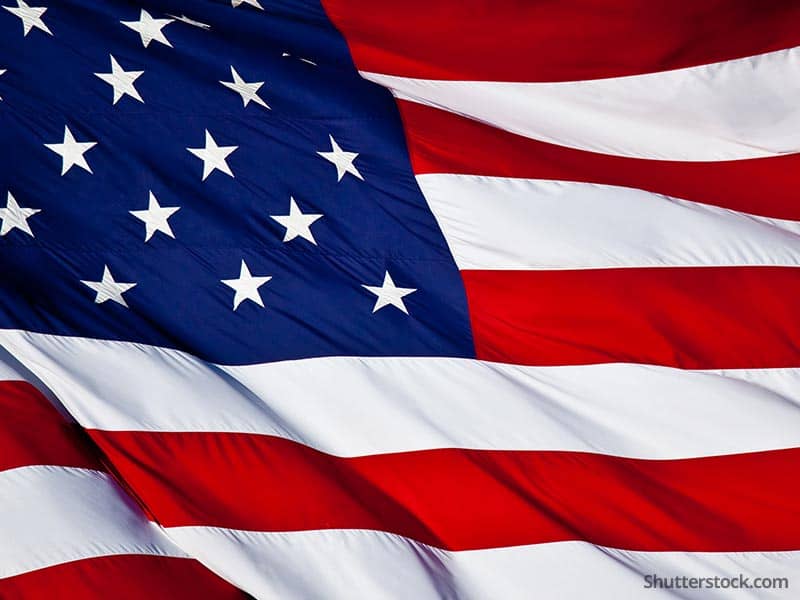I saw my brother walking down the street the other day, his face flush. He said he'd just gotten off the subway. After a train had pulled away from the station, a man--drunk, angry, and suicidal--jumped on the tracks. My brother stood frozen, wondering whether he should jump on the tracks to help this guy get off. As my brother mulled about what to do, and used his cell phone to call for help, another man jumped on the track, lifted the guy up and put him back on the platform before another train could arrive. My brother was wracked with guilt, condemning himself for not jumping on the track to help. Should he feel guilty?
--Guilty or Not
Dear Guilty or Not,
Your letter recalls a debate in the Talmud: Two men are traveling together in the desert, and one has a pitcher of water. If both drink the water, they will both die, but if only one drinks, he can reach civilization and survive. What should the man with the water do? Rabbi Ben Petura taught, "It is better that both should drink and die, rather than one of them look on while his comrade dies." But Rabbi Akiva came and taught: "Your life takes precedence over his" While the Talmud does not formally rule on this question, most commentators have sided with Rabbi Akiva: your life takes precedence over that of another (the exception being that you are forbidden to kill an innocent person to save your life).
Akiva's reasoning certainly seems to apply in this case; your brother's life takes precedence over that of the would-be suicide. As I see it, the risk to your brother was substantial. Because the man was suicidal, he might well have resented and resisted any efforts to save him, and such resistance could easily have led to your brother sharing the would-be suicide's fate. Also, unless your brother is unusually athletic, it is no small feat to jump down onto a train track and pull up another (perhaps unwilling) adult.
Obviously, your brother was right to do what he could and try and summon assistance. Also, in such a case it would make sense to run to the front of the station and try to signal the conductor to stop, although I realize that once the train has started to pull into the station, it likely will be unable to stop in time.
As regards the man who jumped down to save the would-be suicide, I am in awe of his courage and athletic prowess. If, however, he had died, God forbid, I wonder if his family members would have felt that his action constituted a worthwhile sacrifice of his life. I don't think it would have, and it is therefore by no means clear to me that he acted more morally than did your brother, though he assuredly acted more heroically.
As regards the obvious challenge to my argument, firemen who run into burning buildings to save lives, I am in awe of them as well, but that is part of the responsibility they assume when they choose to become firemen, although even in the case of firemen, I don't think it would be fair to insist that they risk their lives, e.g., by climbing onto a ledge of a bridge, to save a would-be suicide. But there certainly is no similar acceptance of responsibility to risk your life when you buy a subway token.
And what about the person who jumped? Obviously, one feels sympathy for people so disconsolate as to want to commit suicide. But I have real doubts about the morality of a person who doesn't care at all about the effects his death will have on the person he, in effect, forces to kill him. I take it for granted that some, perhaps many, people who commit suicide want to hurt someone whom they feel has hurt them. But to jump in front of a train, and leave the poor train engineer with a terrible, perhaps lifelong, legacy of guilt, is a particularly cruel thing to do. The alternative, for example taking an overdose of drugs, strikes me as a more moral way of ending one's life (though I consider suicide, in any but extreme cases, to be immoral).
So, should your brother feel guilty? That he does reflects his essential goodness of character, but, in truth, he did nothing wrong, and there is no reason he should feel any guilt.

